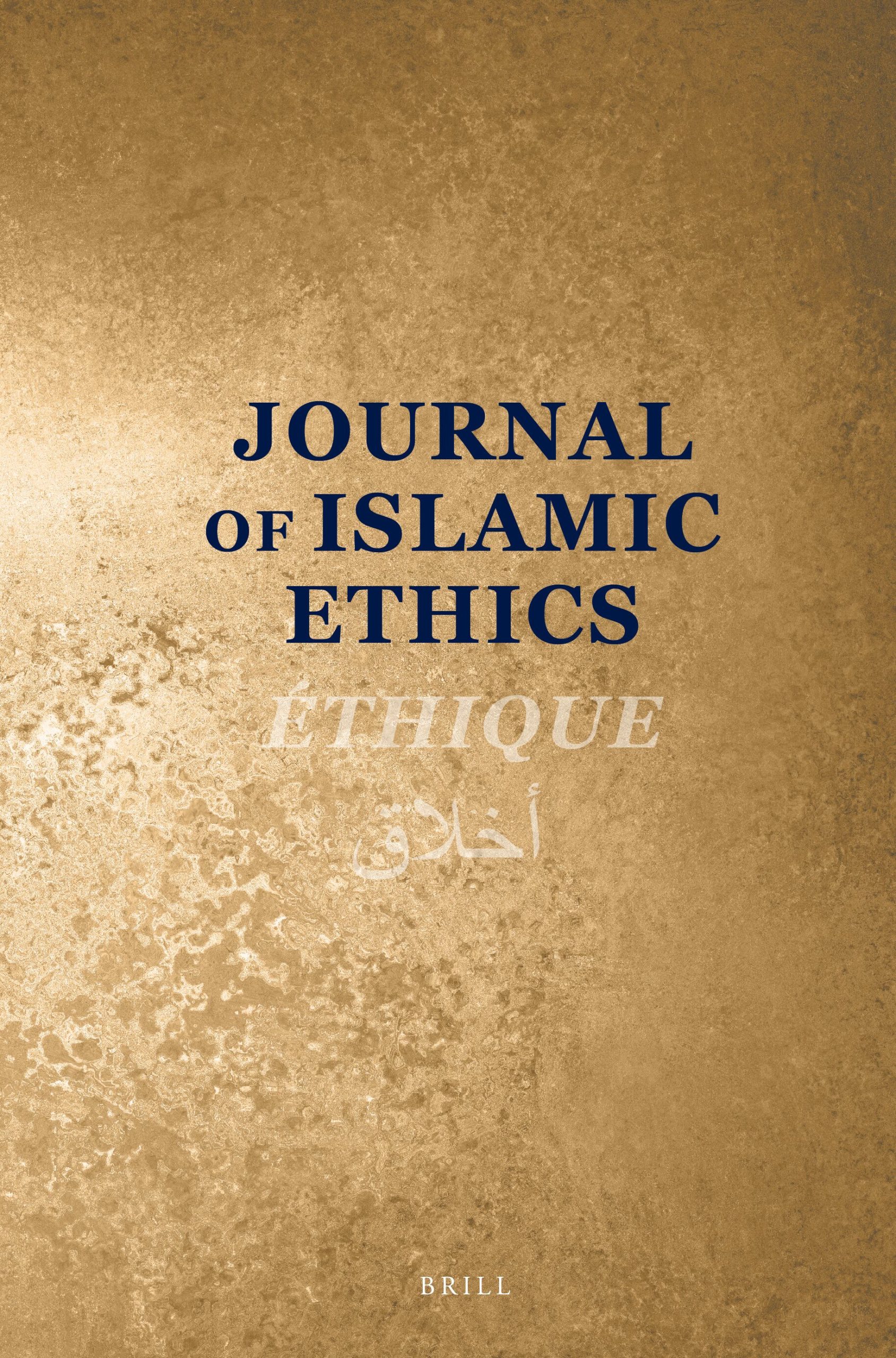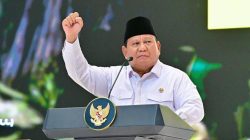Emphasizing Ethical Use of Technology and Collaborative Research
The Consortium of Islamic Faith-Based Universities in Southwest and Kwara States has made a strong call for research and development initiatives to focus on the ethical use of emerging technologies, particularly artificial intelligence. This initiative aims to foster learning and innovation within the academic community.
The consortium highlighted the importance of enhancing digital proficiency, environmental sustainability, and media literacy as key areas of focus for researchers. These priorities were among the resolutions adopted at the conclusion of the group’s first conference, which took place at Fountain University in Osogbo, Osun State.
In a communiqué signed by Prof. A.T. Lawal, the Chairman of the Local Organising Committee, the consortium stressed the need for member universities to collaborate on research and share resources to drive academic growth. The document emphasized several key points:
- Research and development efforts should prioritize media literacy, digital proficiency, environmental stewardship, and the ethical use of emerging technologies, especially artificial intelligence, to enhance learning and innovation.
- Faith-based institutions can significantly reshape higher education in Nigeria by integrating scientific innovation with spiritual values, making ethics, justice, leadership, and entrepreneurship central to their strategies and curricula.
- Member universities should collaborate on research, share facilities and resources, and actively engage in policy discourse, intellectual exchange, and ethical leadership training for both students and staff.
The consortium also pledged to leverage the intersections of faith, knowledge, and innovation to support Nigeria’s quest to achieve the Sustainable Development Goals. By promoting faith-inspired innovation, institutional collaboration, and transformative education, the group aims to drive both national development and global competitiveness.
Expanding Membership and Mission
As part of its efforts to broaden its scope and impact, the consortium announced plans to expand its membership nationwide. This expansion reflects the group’s commitment to increasing its influence and reach across the country.
In addition, the consortium unveiled its new name—Consortium of Islamic Faith-Based Universities in Nigeria—to reflect its expanded participation and mission. This change underscores the group’s growing role in shaping the future of higher education in Nigeria.
The conference also resolved to promote faith-inspired innovation, institutional collaboration, and transformative education to drive both national development and global competitiveness. These goals align with the broader vision of the consortium to create a more inclusive and innovative academic environment.
Commitment to Ethical Leadership and Academic Growth
The consortium’s emphasis on ethical leadership and academic growth is evident in its commitment to fostering a culture of integrity and responsibility. By integrating spiritual values with scientific innovation, the group seeks to create a balanced approach to education that addresses both the intellectual and moral dimensions of learning.
This approach not only benefits individual students but also contributes to the overall development of society. Through collaborative research and resource sharing, the consortium aims to build a stronger academic network that can address the challenges facing Nigeria and the wider global community.
The group’s focus on media literacy and digital proficiency is particularly relevant in today’s rapidly evolving technological landscape. As artificial intelligence and other emerging technologies continue to shape various sectors, it is essential for educational institutions to equip students with the skills needed to navigate these changes effectively.
By prioritizing environmental sustainability, the consortium also highlights the importance of responsible resource management and long-term planning. This commitment reflects a forward-thinking approach that considers the impact of current actions on future generations.
Overall, the consortium’s initiatives represent a significant step towards creating a more ethical, sustainable, and innovative educational system in Nigeria. Through continued collaboration and a shared vision, the group is well-positioned to make a meaningful contribution to the country’s development and global standing.







